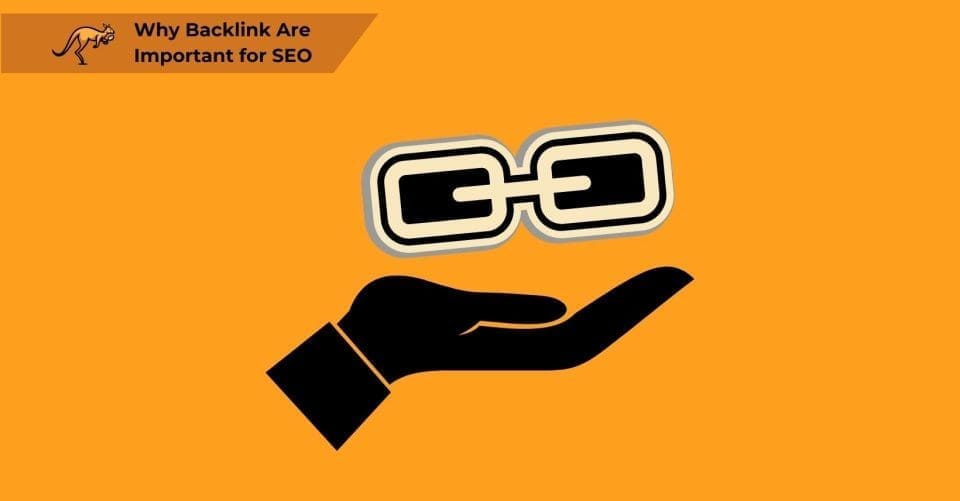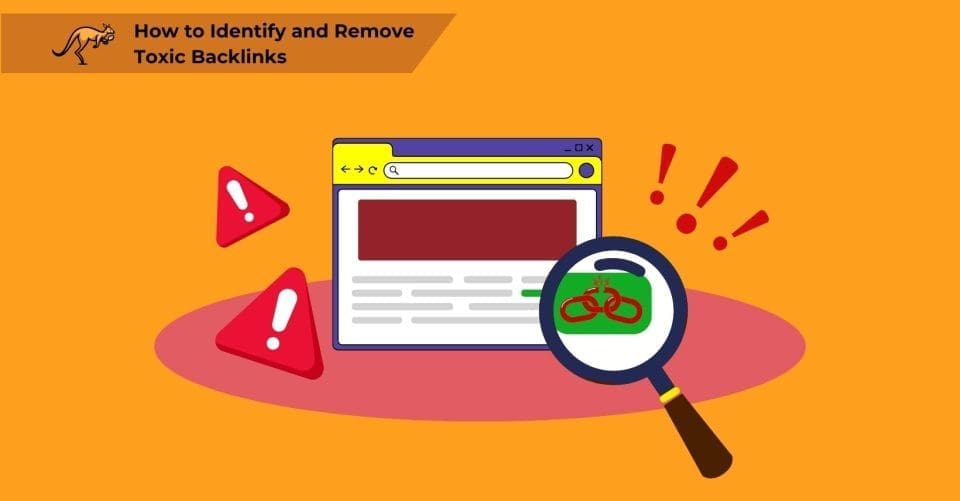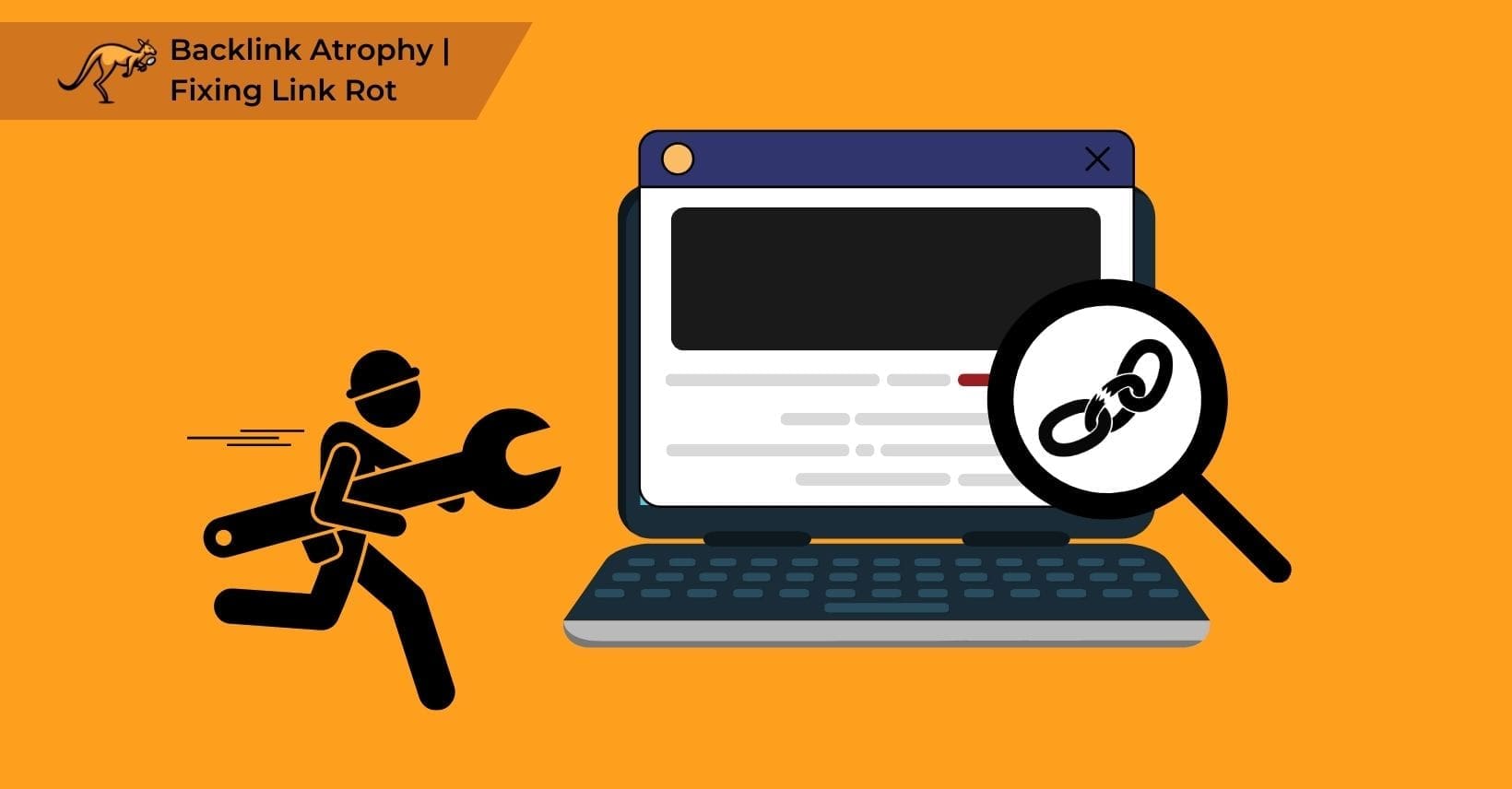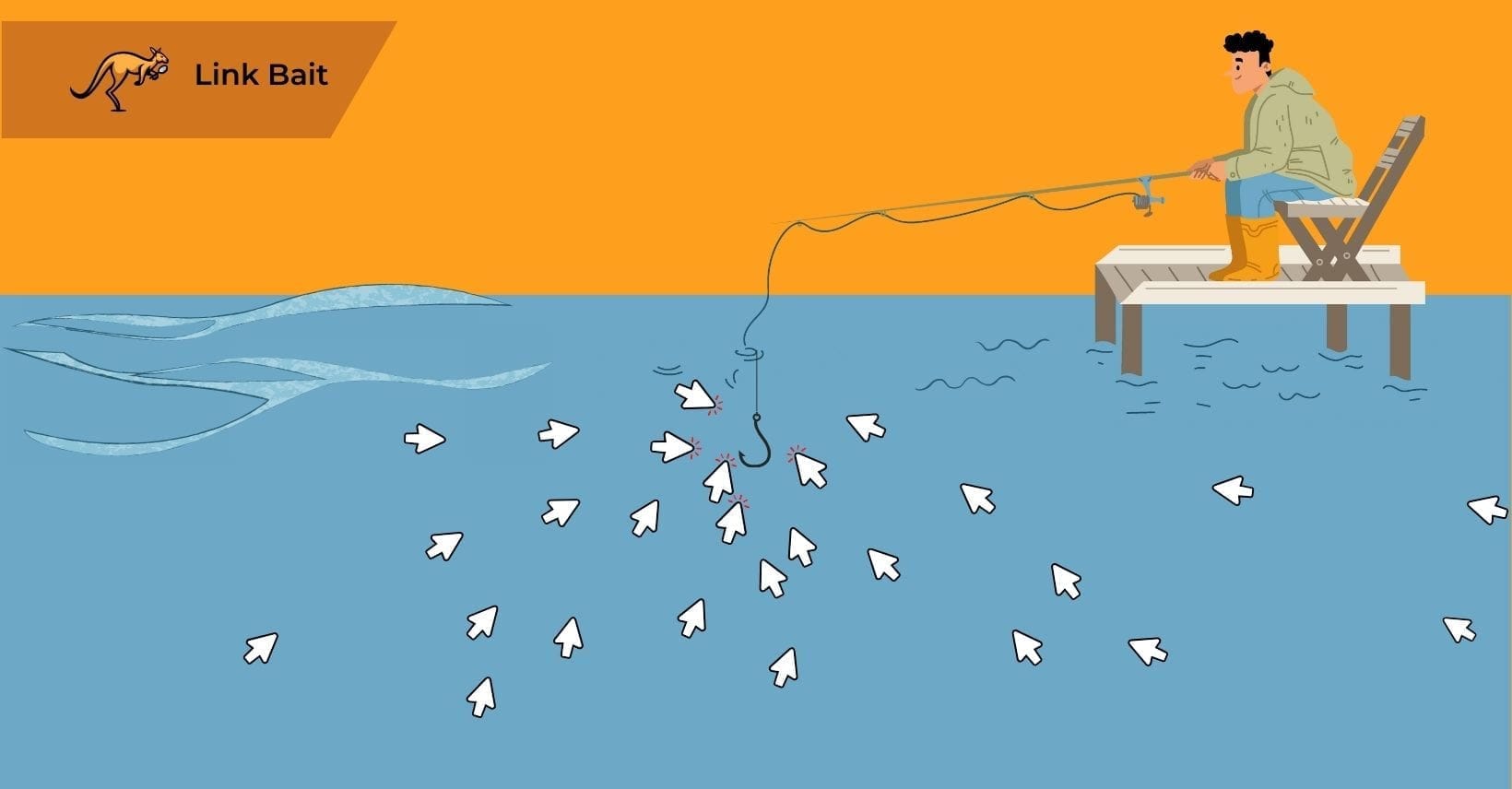Backlinks are pivotal in search engine optimization (SEO), yet mishandling them can negatively affect your website’s rankings.
This discussion highlights common backlink mistakes that could sabotage your site’s SEO performance.
We’ll cover the risks of overzealous link-building efforts and the consequences of neglecting backlink quality.
Understanding how to spot, rectify, and prevent these errors will secure the success of your website.
As we unravel these challenges, we must recognize their foundation for understanding backlinks’ significance in SEO, which we’ll delve into next.
What Are Backlinks and Why Are They Important for SEO?

Backlinks are links from one website to a webpage on another website, serving as indicators to search engines like Google of the web page’s credibility and value, which can elevate its search result ranking.
These links are vital for boosting organic traffic and enhancing a website’s online presence. They are central to establishing a website’s authority and relevance in its particular field.
The primary benefit of high-quality backlinks is their role as endorsements from credible sources. They attract referral traffic and bolster your site’s standing with search engines.
For instance, when a well-regarded industry blog links to your site, it signals to search engines that your content is high quality and deserves a prominent position in search results.
With the importance of backlink quality established, it’s worth considering how poor-quality backlinks could negatively impact your website rankings.
How Can Poor Backlink Quality Damage Your Website Rankings?
Low-quality backlinks can severely damage your website’s search rankings. Search engines like Google may penalize your site if they detect an accumulation of toxic links from sources such as spammy directories or irrelevant websites.
These penalties can decrease your visibility in search results and reduce your organic traffic, negatively impacting your reputation.
Toxic backlinks, such as those from link farms, signal to search engines that a site might use manipulative SEO tactics, which can lead to severe repercussions.
When building a strong SEO foundation, one must be aware of the most common link-building mistakes. Let’s consider what catches to avoid to maintain your site’s integrity and ranking.
What Are the Most Common Link Building Mistakes You Need to Keep an Eye On?
The most common link building mistakes include building links too quickly, creating unbalanced anchor text profiles, focusing only on high-ranking websites, acquiring irrelevant niche links, and using sitewide backlinks, which can all damage your website’s SEO performance when not properly managed. Website owners who avoid these critical mistakes prevent penalties and secure sustainable ranking improvements while maintaining a healthy backlink profile that search engines reward with higher rankings.
Optimizing anchor text is important as it helps search engines understand the relevance and context of the linked content. Over-optimized anchor text with exact matching keywords can be seen as manipulative and can result in penalties. Diversifying anchor text with variations and relevant phrases is important to maintain a natural link profile.
Following search engine algorithm guidelines is vital for ethical link building. Search engines like Google constantly update their algorithms to prioritize quality over quantity. By adhering to these guidelines, websites can build organic, high-quality backlinks that contribute positively to their SEO efforts.
Ethical link building means acquiring links through genuine relationships, creating valuable content, and promoting user experience. Manipulative tactics like buying links or participating in link farms can lead to severe penalties and damage a website’s reputation. Building links naturally by providing useful resources and earning links from reputable sources is a sustainable way to enhance SEO performance.
1. Getting Too Fast, Too Furious with Link Velocity
Building links too fast triggers search engine penalties because Google’s algorithm interprets sudden spikes in backlink acquisition as manipulation or unnatural link building practices, which results in decreased rankings and reduced organic visibility. Maintaining a balanced backlink velocity with steady, natural link acquisition over time signals authenticity to search engines and contributes to sustainable ranking improvements rather than temporary gains followed by penalties.
Link velocity refers to the rate at which your website acquires new backlinks over time, which is important to maintain at a balanced, natural pace because sudden spikes or uneven patterns signal manipulation to search engines. Google’s algorithms monitor link acquisition rates and compare them against industry averages and your site’s historical patterns, rewarding websites that demonstrate organic growth with higher rankings while penalizing those with unnatural velocity patterns that suggest artificial link building campaigns rather than earned endorsements.
This approach safeguards against penalties and contributes to sustainable ranking improvements over time. To achieve this, consider implementing a diversified link building strategy that includes guest posting, influencer collaborations, and fostering organic relationships within your industry.
2) Having an unbalanced Anchor Text game
An unbalanced anchor text strategy damages website rankings when search engines detect patterns of over-optimized or excessive exact-match keywords in your backlink profile, which triggers Penguin algorithm penalties that can dramatically reduce your visibility in search results. Website owners who fail to diversify their anchor text with a natural mix of branded terms, naked URLs, generic phrases, and partial matches signal manipulation to Google, resulting in long-term ranking suppression that can take months or years to recover from.
When establishing a link-building strategy, it is important to incorporate a mix of anchor text types. Branded anchor text, such as company names or URLs, adds credibility and builds brand recognition.
Also, navigational anchor text like ‘click here’ or ‘learn more’ fosters user-friendly experiences while contributing to various anchor text profiles. Utilizing semantically related keywords in anchor text helps search engines understand the context of linked content, improving relevance and keyword optimization without risking penalties.
3) Aiming only at that High-Rank heaven
Focusing exclusively on high-ranking websites for backlinks creates a mistake in your SEO strategy because it produces an unnatural link profile that lacks the diversity search engines expect to see from websites with organic growth patterns. Google’s algorithms evaluate backlink profiles based on both quality and diversity, meaning websites with links from various relevant sources across different authority levels demonstrate more authentic topical relevance than those with only high-authority links, which often appear manipulated or purchased.
A wide range of backlinks enhances a website’s credibility and trustworthiness and signals to search engines that its content is valuable and relevant.
This mix of links from different platforms, such as social media, directories, forums, and industry-specific websites, helps establish a well-rounded online presence that reaches a broader audience.
Engaging in various link building strategies, such as guest blogging, content partnerships, and influencer collaborations, can further enrich the backlink profile and boost overall visibility.
4) Letting Irrelevant Niche Links slide into your link profile
Irrelevant niche links cause serious problems in your backlink profile by diluting your website’s topical authority and triggering search engine penalties when algorithms detect contextual mismatches between your content and the linking sites. Google’s relevance assessment evaluates whether backlinks come from websites in related industries or topics, and when it finds numerous irrelevant connections, it interprets this pattern as manipulative link building rather than natural endorsements, resulting in reduced trust, lower rankings, and decreased organic visibility.
Quality backlinks play an important role in determining your website’s authority and credibility in the eyes of search engines. One effective strategy to identify irrelevant links is to use tools like Google Search Console or third-party backlink analysis tools. By analyzing anchor text, domain authority, and relevance, you can pinpoint links that don’t align with your website’s content or niche.
- Replace irrelevant links with high-quality, relevant backlinks from authoritative sources to strengthen your backlink profile.
- Integrate relevant keywords organically within your content to enhance its value and align it with your target audience’s interests and search intent.
Securing your backlink profile is filled with relevant and quality links can boost your SEO efforts and improve your website’s rankings.
5) Going for Sitewide Links
Opting for sitewide backlinks can be a risky link building strategy.
Sitewide backlinks are hyperlinks that appear on every page of a website pointing to your site, which search engines consider a backlink error because they appear unnatural and manipulative when acquired in large numbers from a single domain. Google specifically flags sitewide backlinks as potential link schemes that violate their webmaster guidelines, as these links often indicate paid arrangements rather than genuine endorsements of content quality.
Using sitewide backlinks creates dangerous algorithm red flags that frequently trigger manual or algorithmic penalties from Google, resulting in significant ranking drops, reduced organic traffic, and potential removal from search results until the issue is resolved. Website owners should avoid these shortcuts and instead focus on natural, high-quality link-building methods that provide value to users while gradually building authority that search engines recognize as legitimate.
By earning links through relevant, organic means, you can establish a strong and sustainable link profile that contributes to your site’s authority and rankings.
What Are Sitewide Backlinks?
Sitewide backlinks are hyperlinks on every website page that provide a link to an exact page on another site. While these backlinks can increase visibility and referral traffic, they can also raise red flags with search engines if acquired through unnatural means or as part of a link scheme.
How to Identify and Remove Toxic Backlinks

Identifying and removing toxic backlinks is critical to safeguarding your website’s SEO health and recovering from potential penalties. Toxic links are harmful backlinks that can trigger search engine penalties, leading to a drop in rankings and traffic. By conducting a thorough backlink audit, web admins can pinpoint toxic links and take proactive measures to disavow or remove them.
Regular audits are essential in maintaining the quality of your backlink profile. An effective strategy involves setting up Google Search Console to monitor your links routinely. Analyzing anchor texts, relevance, and authority of linking domains is key to differentiating between beneficial and harmful backlinks.
Once identified, swiftly contact website owners to request link removal or employ the disavow tool for those unresponsive. Remember, proactively managing your backlink profile can prevent future penalties, preserving your website’s SEO integrity.
Collect Your Backlink Data
Before embarking on a toxic backlink removal process, it is important to gather comprehensive data on your website’s backlink profile. Utilize tools like Google Search Console, Ahrefs, or SEMrush to extract detailed information about the links pointing to your site and identify potentially toxic or harmful backlinks.
Accurate backlink data is the foundation for a successful cleanup operation. It allows you to pinpoint the problematic areas precisely and distinguish between high-quality backlinks that boost your SEO efforts and toxic ones that can harm your website’s rankings.
By utilizing reputable tools, you can thoroughly analyze your backlink portfolio, evaluating factors such as domain authority, anchor text variety, and the context in which the links are placed. This in-depth examination provides valuable insights into the health of your backlink profile. It assists in devising a strategic plan for effectively eliminating harmful links.
Identify Bad Backlinks
Identifying bad backlinks is important in managing a healthy backlink profile and avoiding search engine penalties. Evaluate backlinks based on relevance, authority, and quality, flagging links from spammy or irrelevant sources as potential toxic links.
Securing backlinks from credible and relevant websites enhances the general SEO strategy, boosting website authority and organic traffic. Web admins can further improve link quality and relevance by incorporating targeted keywords in the anchor text of backlinks.
Utilizing tools such as Google Search Console and Moz’s backlink checker can help comprehensively analyze a website’s backlink profile, highlighting any harmful links that need removal or disavowal.
Remove Bad Backlinks
Removing bad backlinks is essential to cleansing your website’s backlink profile and mitigating the risk of search engine penalties. Contact webmasters of linking sites to request the removal of toxic links, or utilize Google’s Disavow Tool to disassociate your site from harmful backlinks.
Regularly monitor your backlink profile to provide continuous link hygiene. It’s important to understand that removing bad backlinks involves a combination of proactive approaches.
When conducting outreach to web admins, secure your communication is polite and professional, clearly explaining the reasons for requesting link removal. Utilizing Google’s Disavow Tool can be a powerful tool to block unwanted backlinks you couldn’t remove through outreach. Regularly reviewing your backlink profile helps identify new toxic links that may have emerged.
Track and Monitor
Tracking and monitoring your backlink profile is essential for ongoing SEO success and penalty prevention. Utilize tools like Moz, Majestic, or SEMrush to monitor changes in your backlink profile, detect new backlinks, and identify potential toxic links that require removal or disavowal.
By regularly checking your backlinks, you can secure that your website maintains a strong reputation and authority in the eyes of search engines. Continuous backlink tracking allows you to avoid negative SEO tactics that might harm your site’s ranking. These monitoring tools provide valuable insights into your link-building efforts, helping you tweak your strategy for optimal results.
Disavow The Remaining Bad Backlinks
Disavowing the remaining bad backlinks is critical in addressing toxic links and recovering from search engine penalties.
You can initiate the disavowal process by creating a list of URLs harming your website’s SEO health. Identify these toxic backlinks by examining your backlink profile using tools like SEMrush or Ahrefs.
- Once you have compiled the URLs that need to be disputed, log in to your Google Search Console account.
- Locate the ‘Disavow Links’ tool within the menu and upload your disavow file, where you specify the URLs you want Google to ignore.
- Remember to use the correct format, including the ‘domain:’ prefix before each URL to disavow at the domain level for broad removal.
Should You Hire a Professional to Clean Up Bad Backlinks?
Deciding to hire a professional to address poor backlinks can hinge on the complexity of your backlink profile and the severity of any search engine penalties you might face.
An expert SEO consultant or agency has the expertise to identify, assess, and remove harmful links. This accelerates the penalty recovery process and restores the health of your website’s search engine optimization (SEO).
Professionals add value through precise and efficient work. They use specialized tools and comprehensive knowledge to scrutinize your backlink portfolio and remove links detrimental to your site’s SEO performance.
They leverage their experience with search engine algorithms to apply current best practices to your strategy. Moreover, these experts do more than eliminate negative backlinks; they also help build a new, stronger link profile that boosts your site’s credibility and authority.
With a clear understanding of the benefits brought by expert intervention in managing backlinks, you might wonder what makes Searcharoo a standout choice for such a critical task.
Why Is Searcharoo the Best Option for Removing Bad Backlinks?
Searcharoo emerges as a premier choice for expelling detrimental backlinks and spearheading penalty recuperation with finesse. Its sophisticated suite for analyzing backlinks, combined with automated disavowal functions and seasoned advice, empowers site managers to detect, renounce, and track harmful links efficiently.
This approach fosters a quick and thorough rebound from search engine sanctions. A standout attribute of Searcharoo is its real-time surveillance of backlink profiles, which equips users to address potential search engine sanctions preemptively. It delivers detailed analyses and insights on backlink quality, enabling site owners to reject noxious links judiciously.
Searcharoo’s team of seasoned professionals offers steadfast support, guiding users through each phase of eliminating backlinks and recuperating from penalties. This support smooths the path to resolving penalties with ease and effectiveness.
As we segue to our concluding reflections, it’s evident that Searcharoo’s blend of advanced technology and expert guidance plays a pivotal role in recovering from penalties and sculpting a more resilient online presence.
Final Thoughts: How Can You Avoid Common Backlink Mistakes?
Ethical link building strategies that avoid common backlink mistakes include creating high-quality, shareable content that naturally attracts links, building genuine relationships with industry partners, participating in relevant online communities, guest posting on reputable sites with valuable contributions, and leveraging data-driven research that others want to reference. Website owners who implement these legitimate approaches maintain link hygiene by regularly auditing their backlink profiles, disavowing toxic links, and staying updated on search engine guidelines, resulting in sustainable ranking improvements without risking penalties.
Businesses can safeguard their SEO performance and enhance their online visibility by fostering various backlink profiles, avoiding spammy tactics, and focusing on quality over quantity.
Implementing ethical link-building strategies boosts website credibility and establishes trust with search engines, leading to improved organic rankings.
Engaging in honest outreach efforts, collaborating with authoritative websites, and leveraging natural anchor text help cultivate a strong backlink portfolio that stands the test of time.
Adhering to search engine algorithms and valuing user experience in link acquisition is pivotal to sustaining long-term success for online platforms.





